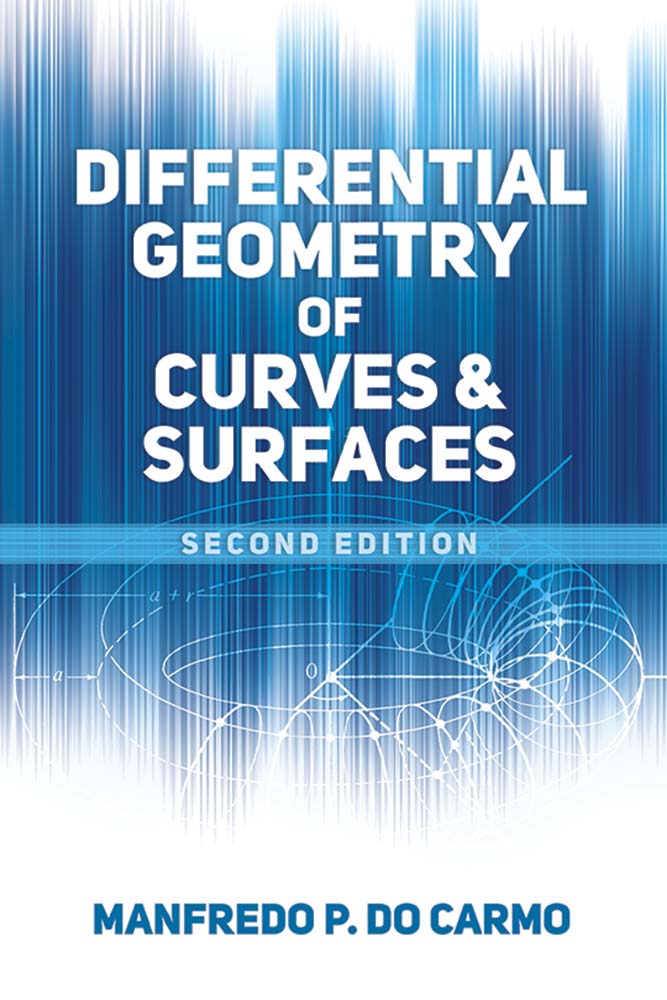

Following the first edition of this workshop in 20061, the second edition in New-York in 20082, the third edition in Toronto in 20113, the forth edition in Nagoya Japan on September 22 20134, the fifth edition was held in Munich on October 9 20155.

A special emphasis is put on theoretical developments, applications and results being welcomed as illustrations. The workshop is a forum for the exchange of the theoretical ideas and aims at being a source of inspiration for new methodological developments in computational anatomy. It targets more particularly researchers investigating the combination of statistical and geometrical aspects in the modeling of the variability of biological shapes. The Mathematical Foundations of Computational Anatomy (MFCA) workshop aims at fostering the interactions between the mathematical community around shapes and the MICCAI community in view of computational anatomy applications. The goal is to estimate representative organ anatomies across diseases, populations, species or ages, to model the organ development across time (growth or aging), to establish their variability, and to correlate this variability information with other functional, genetic or structural information. Computational anatomy is an emerging discipline at the interface of geometry, statistics and image analysis which aims at modeling and analyzing the biological shape of tissues and organs.


 0 kommentar(er)
0 kommentar(er)
